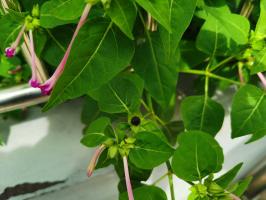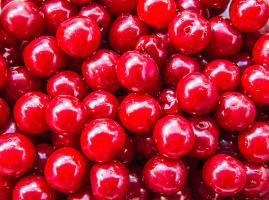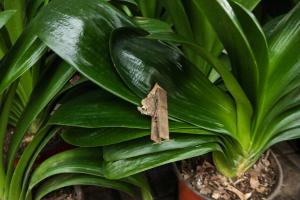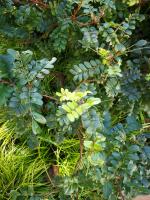A Tree Planted by the Rivers of Water
In the Book of Psalms, chapter 1, verse 3, it is written, "And he shall be like a tree planted by the rivers of water, that bringeth forth his fruit in his season; his leaf also shall not wither; and whatsoever he doeth shall prosper." This verse paints a picture of a thriving and fruitful tree that is nourished by the waters of a river. It is a beautiful metaphor for a person who seeks to abide in God's truth and ways.
The Significance of Water in Scripture
Throughout the Bible, water has a significant role in symbolizing life, cleansing, and renewal. In the Old Testament, the Israelites were led by Moses through the dry wilderness, and God provided water from a rock to sustain them (Exodus 17:1-7). The New Testament tells us that Jesus Himself is the living water that people can come to and never thirst again (John 4:13-14). By referencing a tree that is planted by the rivers of water, the author of Psalm 1 is using a powerful metaphor to show the importance of being rooted in God's truth and ways.
The Fruit of the Spirit
The passage goes on to say that the tree will "bringeth forth his fruit in his season." This is a reference to the fruit of the Spirit that is described in Galatians 5:22-23. The fruit of the Spirit includes love, joy, peace, patience, kindness, goodness, faithfulness, gentleness, and self-control. When a person abides in God's truth and ways, they will be filled with the Holy Spirit, and these characteristics will be evident in their lives.
The Importance of Spiritual Nourishment
Just as a tree needs to be planted in good soil and nourished by water to flourish, Christians need to be rooted in God's truth and ways to live a fruitful life. This means regularly reading and studying the Bible, spending time in prayer, and surrounding oneself with other believers who can offer support and encouragement.
A Promise of Prosperity
The passage concludes by saying that "whatsoever he doeth shall prosper." This does not necessarily mean that a person will experience financial or worldly success, but rather that their lives will be characterized by the abundance of the Holy Spirit. When a person is rooted in God's truth and ways, they will experience joy, peace, and contentment, regardless of their circumstances.
In Conclusion
Psalm 1's depiction of a tree planted by the rivers of water is a beautiful metaphor for a person who seeks to abide in God's truth and ways. By being rooted in God's truth, Christians can experience the fruit of the Spirit, spiritual nourishment, and the promise of prosperity. May we all strive to be like the tree planted by the rivers of water, flourishing in the love and truth of our Heavenly Father.

 how many times do yo...
how many times do yo... how many planted tre...
how many planted tre... how many pine trees ...
how many pine trees ... how many pecan trees...
how many pecan trees... how many plants comp...
how many plants comp... how many plants can ...
how many plants can ... how many plants and ...
how many plants and ... how many pepper plan...
how many pepper plan...































